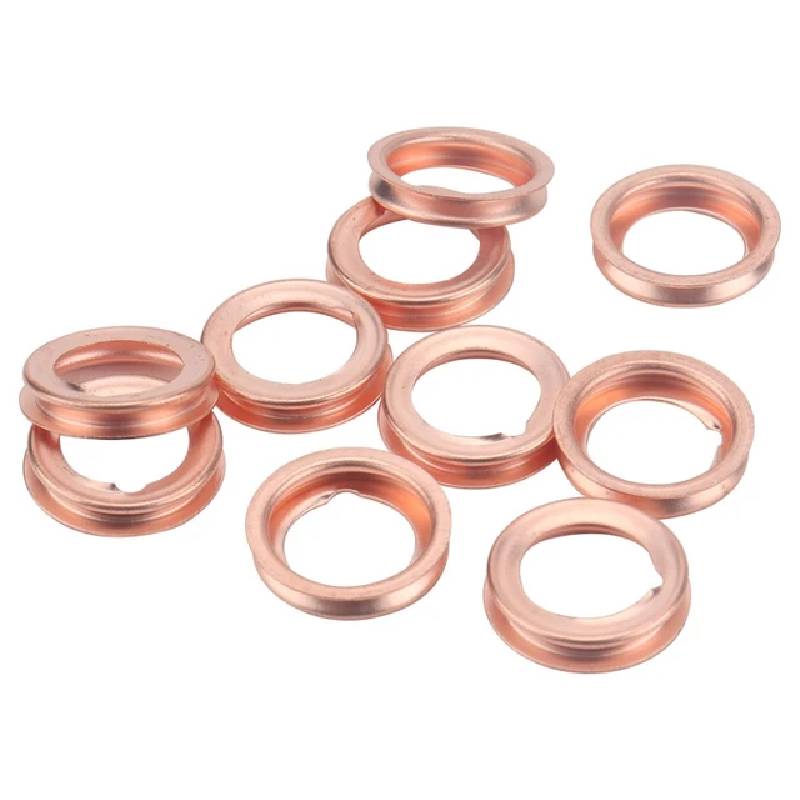Understanding the Importance of Axle Hub Oil for Vehicle Performance and Longevity
Understanding Axle Hub Oil Importance, Types, and Maintenance
Axle hub oil is an essential component in the proper functioning of many vehicles, particularly in heavy-duty trucking and off-road applications. The axle hubs are critical parts that allow wheels to rotate smoothly and efficiently while bearing the weight of the vehicle. To ensure optimal performance and longevity of the axle and its components, the right type of oil is crucial.
The Importance of Axle Hub Oil
Axle hub oil serves multiple purposes. Firstly, it lubricates the bearings inside the axle hub, reducing friction. This reduction in friction minimizes heat generation, which can lead to premature wear and potential failure of axle components. Secondly, the oil creates a barrier against contaminants such as dirt, dust, and moisture that can infiltrate the hub and lead to corrosion and other forms of damage. Lastly, proper lubrication helps in dissipating heat generated during operation, preventing overheating and ensuring the axle operates efficiently.
Types of Axle Hub Oils
There are various types of oils available for axle hubs, primarily categorized based on their viscosity and composition. Common options include
1. Conventional Oils These are petroleum-based oils suitable for standard driving conditions. They offer good lubrication properties but may require more frequent changes than synthetic options.
2. Synthetic Oils These oils are engineered to provide superior performance and are often more stable across a wider range of temperatures. Synthetic axle hub oils typically offer better protection against wear, oxidation, and thermal breakdown.
3. Multi-Grade Oils These oils are formulated to perform effectively in various temperatures. Multi-grade oils can adapt their viscosity based on temperature changes, making them suitable for diverse driving conditions.
axle hub oil

4. Additive-Enriched Oils Some manufacturers produce axle hub oils with additional additives that enhance their performance. These additives can improve oxidation resistance, reduce foaming, and provide better protection against wear and corrosion.
Maintenance of Axle Hub Oil
Regular maintenance of axle hub oil is vital for vehicle health. Here are a few practices to ensure your axle hubs remain in optimal condition
1. Regular Inspection Routine checks for oil levels are essential. Low oil levels can indicate leaks, while contaminated oil may signal that it’s time for a change.
2. Change Intervals Follow the manufacturer's recommendations for oil change intervals. Heavy-duty applications or extreme operating conditions may require more frequent changes.
3. Monitor Performance Pay attention to any changes in vehicle handling or noises. Unusual sounds may indicate a problem with the axle bearings or insufficient lubrication.
4. Use Quality Products Always opt for high-quality axle hub oils that meet or exceed manufacturer specifications. Using the right oil can significantly enhance performance and extend the life of axle components.
Conclusion
In summary, axle hub oil is a fundamental aspect of vehicle maintenance that should not be overlooked. By providing essential lubrication, protection against contaminants, and thermal management, the right oil ensures smooth and safe operation of the vehicle’s axle system. Whether using conventional or synthetic oils, adhering to maintenance schedules and monitoring oil conditions can help maximize performance and prolong the life of your vehicle’s axle hubs. Remember, a little prevention goes a long way in keeping your vehicle running smoothly and efficiently.
-
Understanding Automotive Oil Seals: Essential Components for Engine and Shaft Protection
News Jul.30,2025
-
The Importance of Heavy Duty Seals in Industrial and Residential Applications
News Jul.30,2025
-
Exploring Industrial Oil Seals: From Felt Oil Seals to TTO and CFW Solutions
News Jul.30,2025
-
Essential Guide to Oil Seals: From Radial to Metal-Cased Seals for Industrial Reliability
News Jul.30,2025
-
Choosing the Right Oil Seals and Gaskets for Industrial and Automotive Applications
News Jul.30,2025
-
Cassette Seals: Durable Sealing Solutions for Harsh Environments
News Jul.30,2025
-
Understanding the Front Main Engine Seal: Purpose, Maintenance, and Installation
News Jul.29,2025
Products categories















